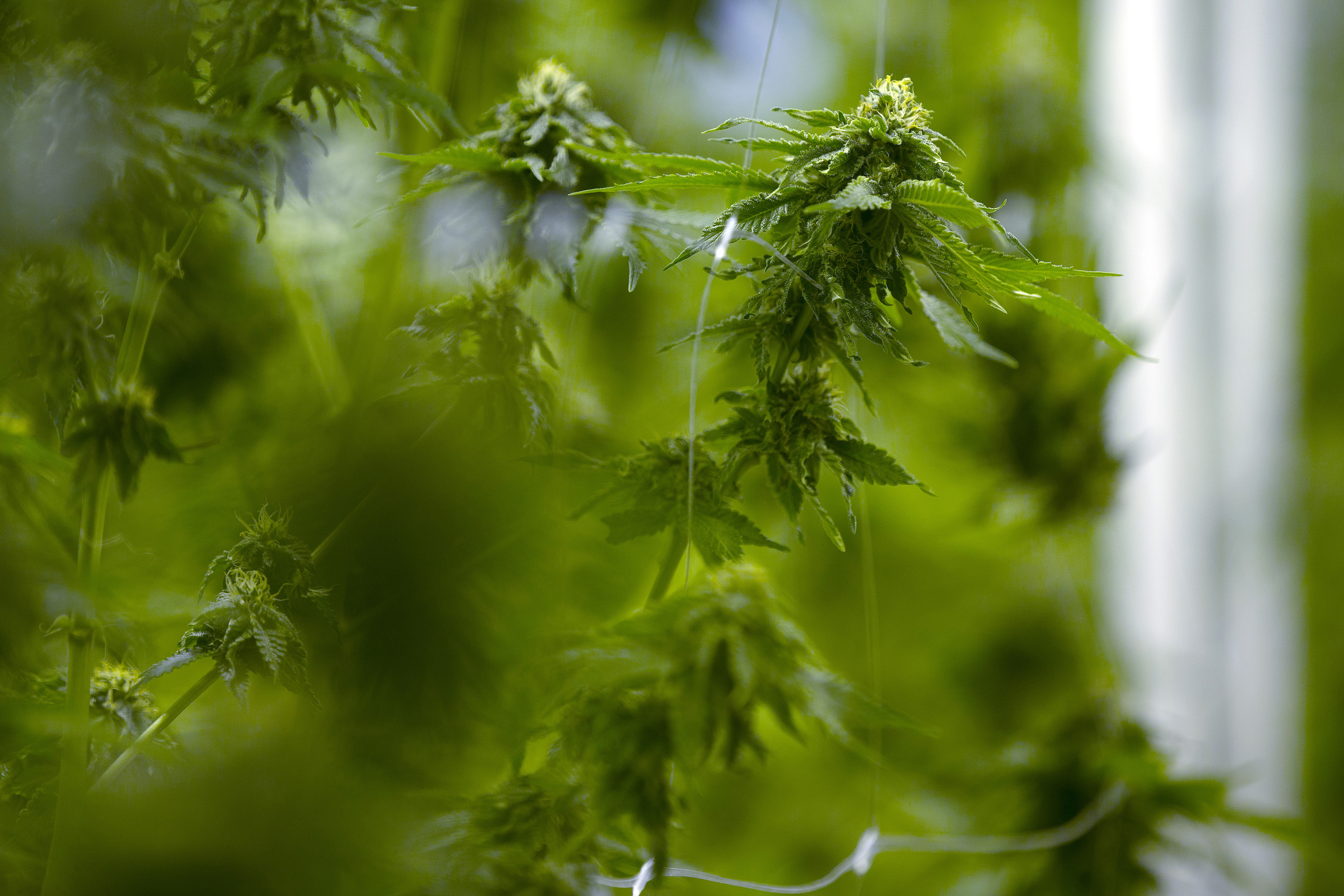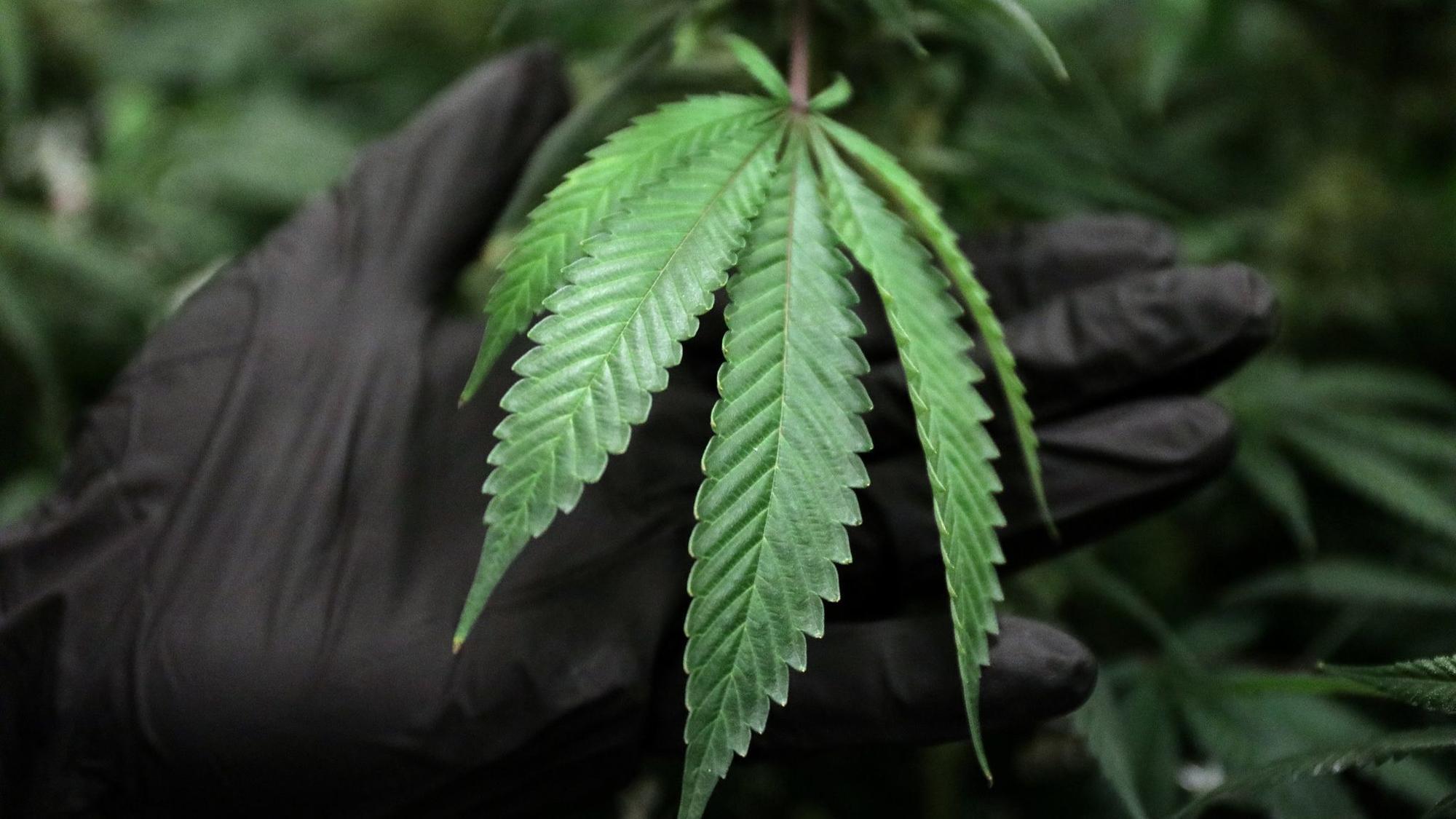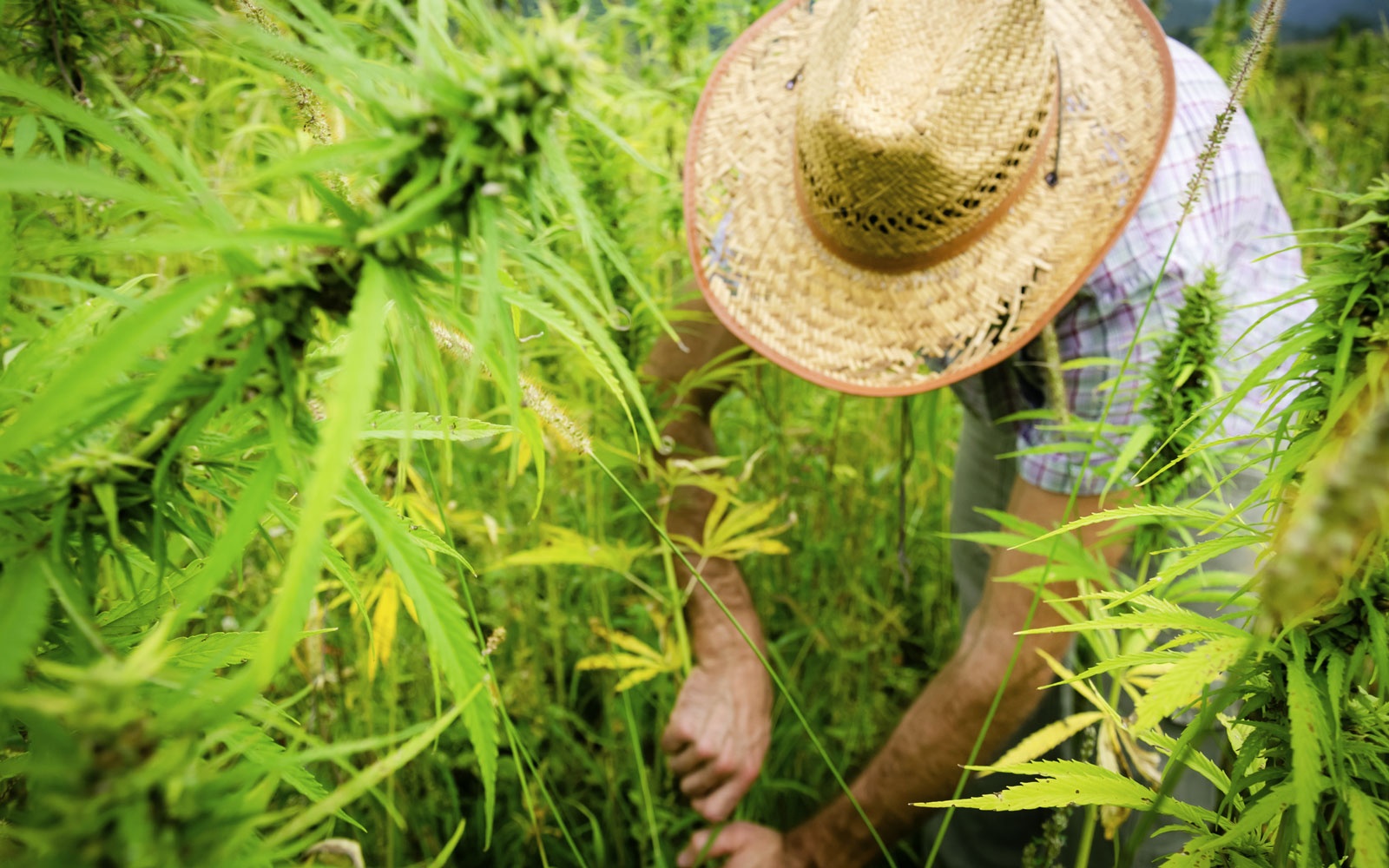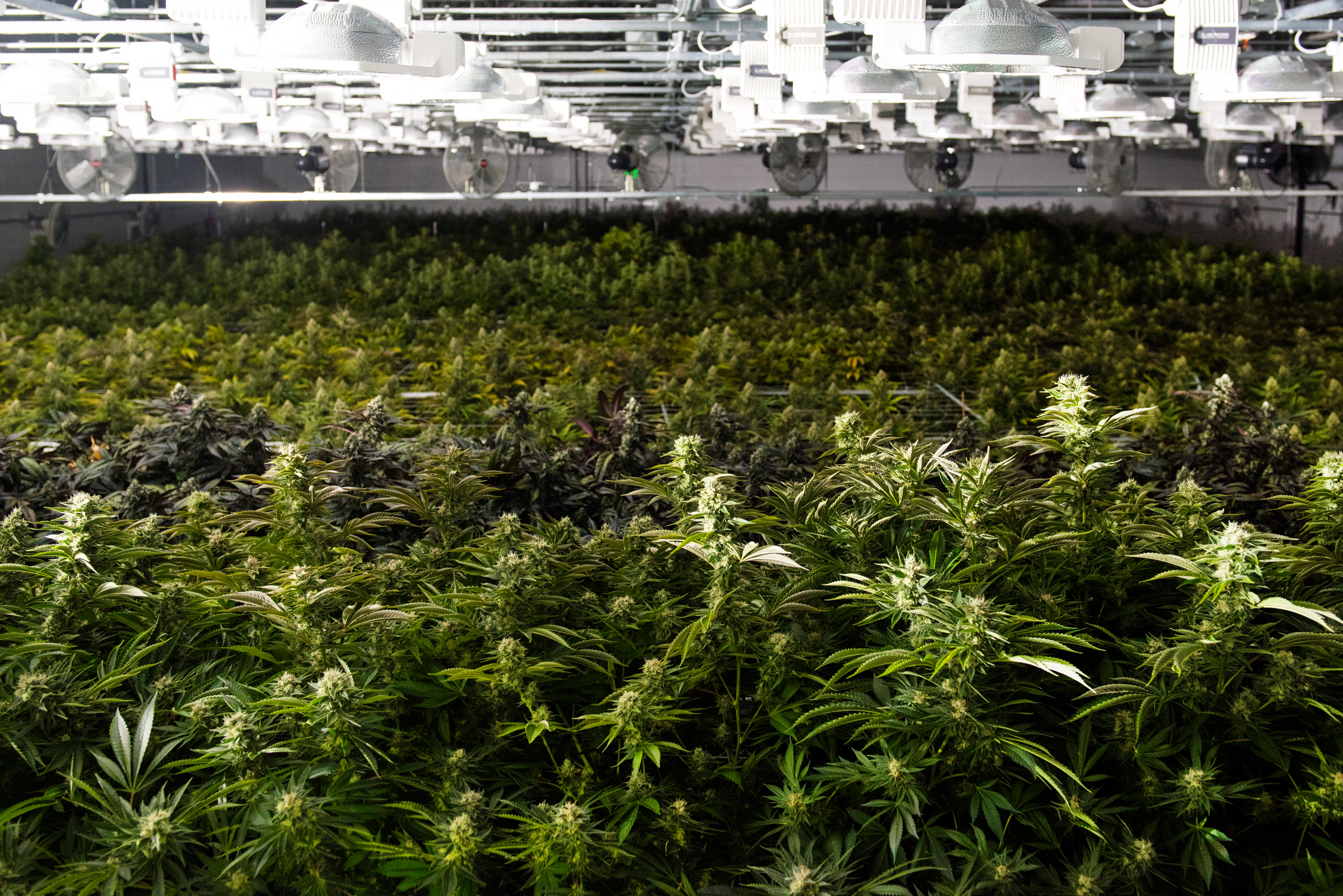Update: Indicating to reporters that a federal crackdown is forthcoming, Attorney General Jeff Sessions said “I’m definitely not a fan of expanded use of marijuana,” he said. “States they can pass the laws they choose. I would just say it does remain a violation of federal law to distribute marijuana throughout any place in the United States, whether a state legalizes it or not.”
Update: White House Press Secretary Sean Spicer suggested that the Trump administration will step up enforcement of federal laws against marijuana. “I do believe that you’ll see greater enforcement,” Spicer said, and added that the exact policy is “a question for the Department of Justice.”
With public support for reforming marijuana laws at an all time high, Reps. Earl Blumenauer (D-OR), Dana Rohrabacher (R-CA), Jared Polis (D-CO), and Don Young (R-AK) have formed the first-ever Congressional Cannabis Caucus to develop and promote sensible cannabis policy reform and work to ease the tension between federal and state cannabis laws.
Never in modern history has there existed greater public support for ending the nation’s nearly century-long experiment with marijuana prohibition. The continued criminalization of adult marijuana use is out-of-step with the views of adults throughout America, 93% of whom support medical marijuana (Quinnipiac, 2017) and 60 percent of whom endorse the outright legalization of recreational cannabis (Gallup, 2016).
The leadership displayed by Representatives Rohrabacher, Blumenauer, Polis, and Young is a testament to this growing public consensus. The official establishment of this Caucus represents our growing, bipartisan support in Congress.
These House members represent constituents in four of the eight states that have enacted laws regulating cannabis for adult use. Twenty-one additional states have enacted comprehensive medical cannabis laws, and 15 additional states have enacted more limited medical cannabis laws. In total, over 40 US states have adopted laws rolling back cannabis prohibition at the state level, representing 95% of the U.S. House of Representatives and 88% of the Senate.
Enter your information below to urge your member of Congress to join the Cannabis Caucus.








